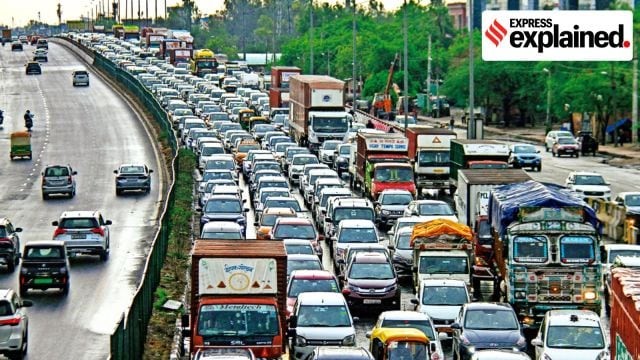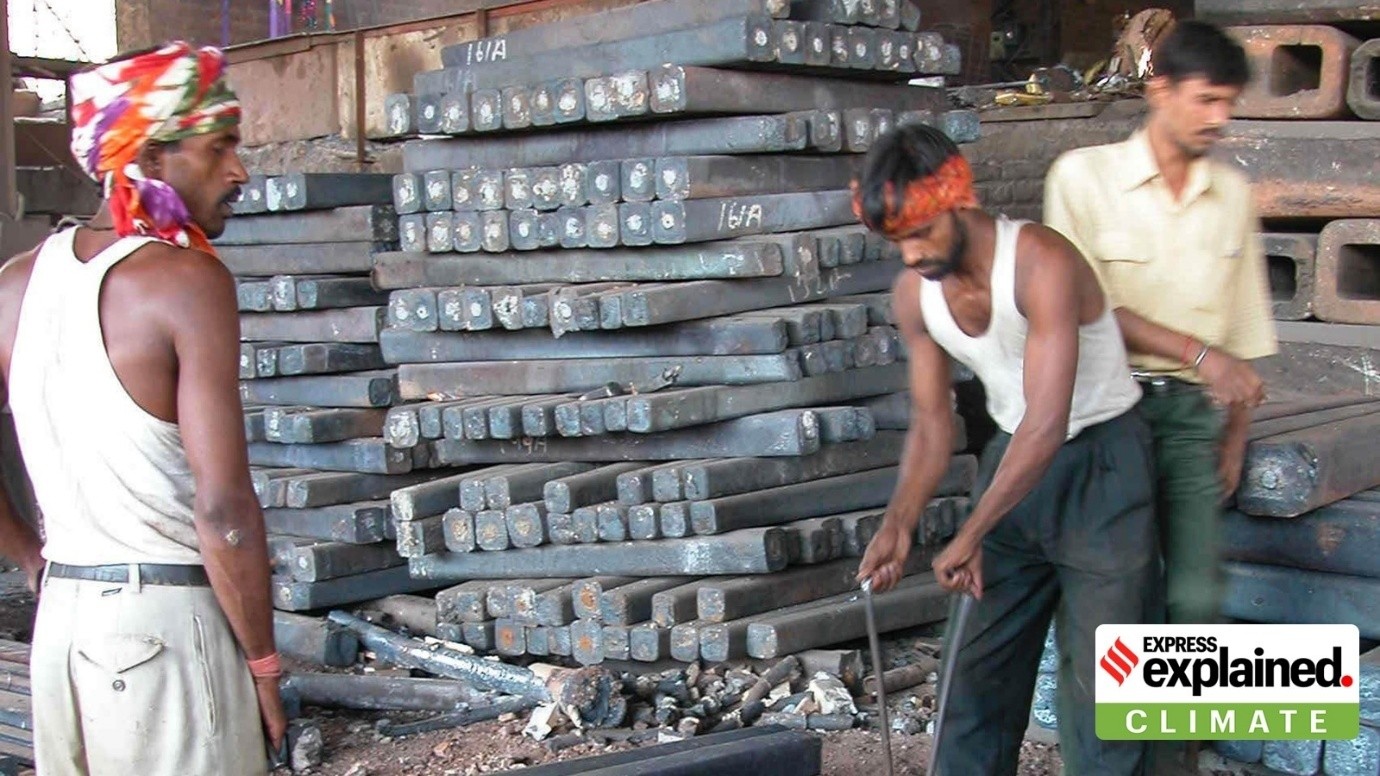



Delhi has banned fuel refilling for diesel vehicles over 10 years old and petrol vehicles over 15 years old to combat rising air pollution. Rooted in NGT and Supreme Court directives, the policy aims to curb vehicular emissions, though implementation faces logistical and public resistance challenges.

Disclaimer: Copyright infringement not intended.
As of July 1, diesel vehicles older than 10 years and petrol vehicles older than 15 years cannot legally get fuel in Delhi's fuel stations.
Introduction:
Air pollution remains a persistent challenge for Delhi, prompting authorities to take strict regulatory measures. One of the most significant steps has been the enforcement of a fuel ban on old vehicles that have crossed their legal lifespan. This move, driven by both legal mandates and environmental urgency, has wide-ranging implications for urban mobility, public health, and environmental governance.
What Is the Fuel Ban Policy?
The Delhi government has implemented a ban on the refueling of diesel vehicles older than 10 years and petrol vehicles older than 15 years at fuel stations across the city. The directive stems from the broader legal framework provided by the National Green Tribunal (NGT) and the Supreme Court of India.
Legal Background:
Implementation Mechanism:
Penalties for Violation:
Environmental Rationale:
Challenges in Enforcement:
Way Forward:
Conclusion:
The fuel ban for old vehicles in Delhi is a legal and environmental necessity in the face of rising air pollution levels. While implementation challenges persist, the move sets a precedent for other Indian cities grappling with vehicular emissions. A combination of strict enforcement, public cooperation, and infrastructural support is key to ensuring cleaner air and sustainable urban living.
Source: Indian Express
|
PRACTICE QUESTION Q. Discuss the rationale, legal backing, and challenges associated with the recent fuel ban on old vehicles in Delhi. How can such policies be effectively implemented to improve urban air quality? (250 words). |







© 2026 iasgyan. All right reserved